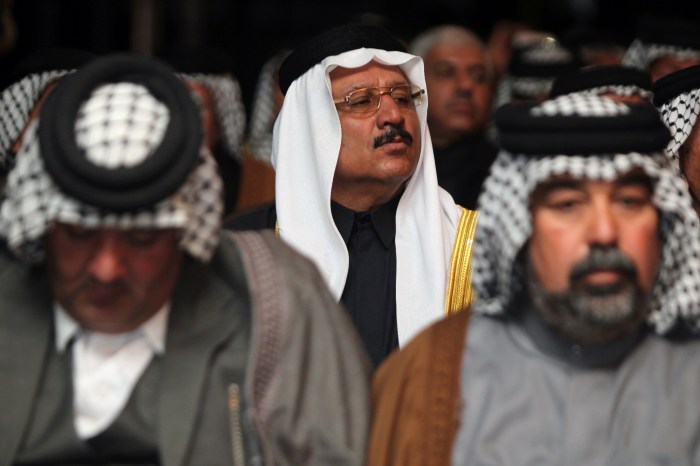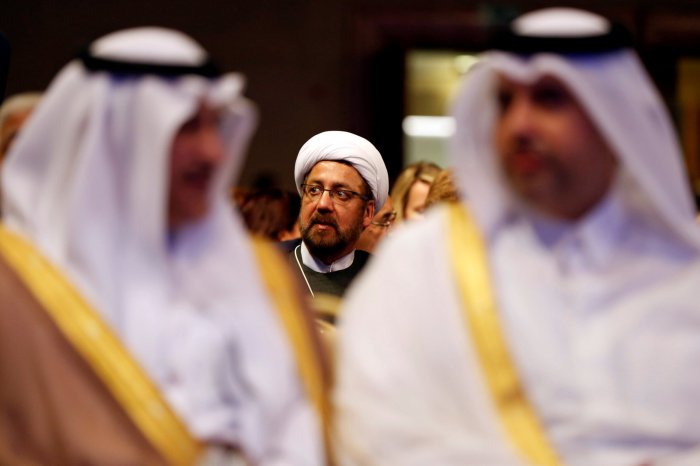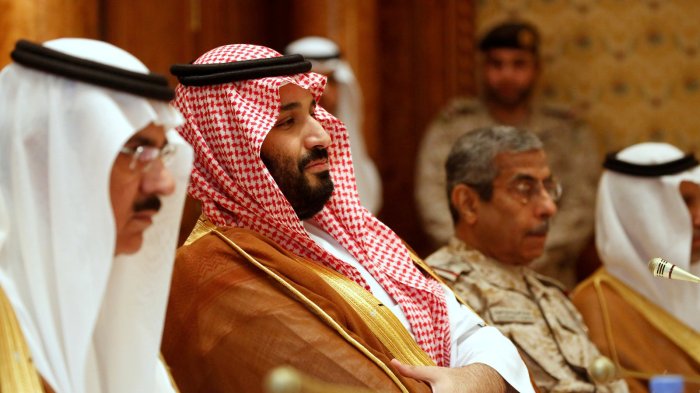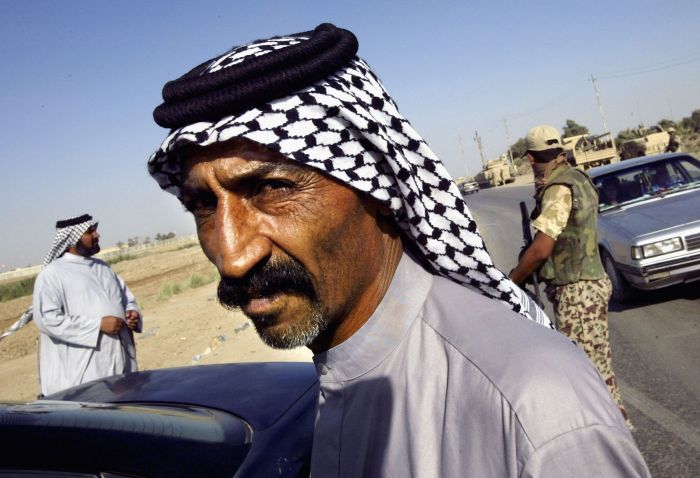Denomination of most of the world’s muslims crossword – Denomination of Most of the World’s Muslims: A Comprehensive Overview, this article delves into the intricate tapestry of Islamic denominations, exploring their origins, beliefs, and geographic distribution. Embark on an enlightening journey to unravel the rich diversity within the Muslim world.
From the widespread Sunni and Shia denominations to the lesser-known Ahmadiyya and Druze sects, this article provides a comprehensive analysis of the beliefs and practices that shape the lives of millions of Muslims worldwide.
Denomination of Most of the World’s Muslims

In Islam, religious denominations play a significant role in shaping the beliefs and practices of Muslims. There are various denominations within Islam, each with its unique interpretations of Islamic teachings. The most prevalent denominations are Sunni and Shia, representing the majority of Muslims worldwide.
Sunni Islam: Denomination Of Most Of The World’s Muslims Crossword

Sunni Islam, the largest denomination of Islam, originated during the early days of Islam. Sunni Muslims believe in the authority of the first four caliphs who succeeded Prophet Muhammad and follow the teachings of the Hadith and Sunnah, which are collections of the Prophet’s sayings and actions.
Major Schools of Thought
Within Sunni Islam, there are four major schools of thought: Hanafi, Maliki, Shafi’i, and Hanbali. These schools differ in their interpretations of Islamic law and jurisprudence, but they all share the same fundamental beliefs.
Shia Islam

Shia Islam, the second-largest denomination of Islam, originated after the death of Prophet Muhammad. Shia Muslims believe that the rightful successor to the Prophet was Ali ibn Abi Talib, his cousin and son-in-law. They also emphasize the importance of the Ahl al-Bayt, the family of the Prophet.
Major Branches, Denomination of most of the world’s muslims crossword
Within Shia Islam, there are several branches, including the Twelvers, Ismailis, and Zaidis. These branches differ in their beliefs about the Imamate, the line of succession from the Prophet.
Other Denominations
In addition to Sunni and Shia Islam, there are several other significant denominations within Islam, including:
- Ahmadiyya:Founded in the late 19th century, Ahmadiyya Muslims believe that Mirza Ghulam Ahmad was the promised Messiah and Mahdi.
- Ibadi:A small denomination based in Oman, Ibadi Muslims have their own unique interpretations of Islamic law and theology.
- Druze:A secretive and isolated community based in the Middle East, Druze Muslims have a unique blend of Islamic, Christian, and Gnostic beliefs.
Geographic Distribution

The geographic distribution of Muslim denominations varies significantly. Sunni Muslims are predominant in most parts of the world, including the Middle East, North Africa, and Southeast Asia. Shia Muslims are concentrated in Iran, Iraq, and Lebanon, as well as in significant populations in Pakistan and India.
The geographic distribution of denominations has been influenced by historical, political, and cultural factors. For example, the spread of Sunni Islam was largely due to the expansion of the Arab empires, while Shia Islam gained prominence in regions that were influenced by Persian culture.
Top FAQs
What is the most prevalent denomination of Islam?
Sunni Islam, accounting for approximately 85-90% of the world’s Muslim population.
What are the key differences between Sunni and Shia Islam?
Sunni Muslims believe in the authority of the first four caliphs, while Shia Muslims believe in the divine right of Ali, the fourth caliph, and his descendants to lead the Muslim community.
What is the significance of the geographic distribution of Muslim denominations?
The geographic distribution of Muslim denominations has influenced historical events, political alliances, and cultural practices, shaping the diversity of the Muslim world.